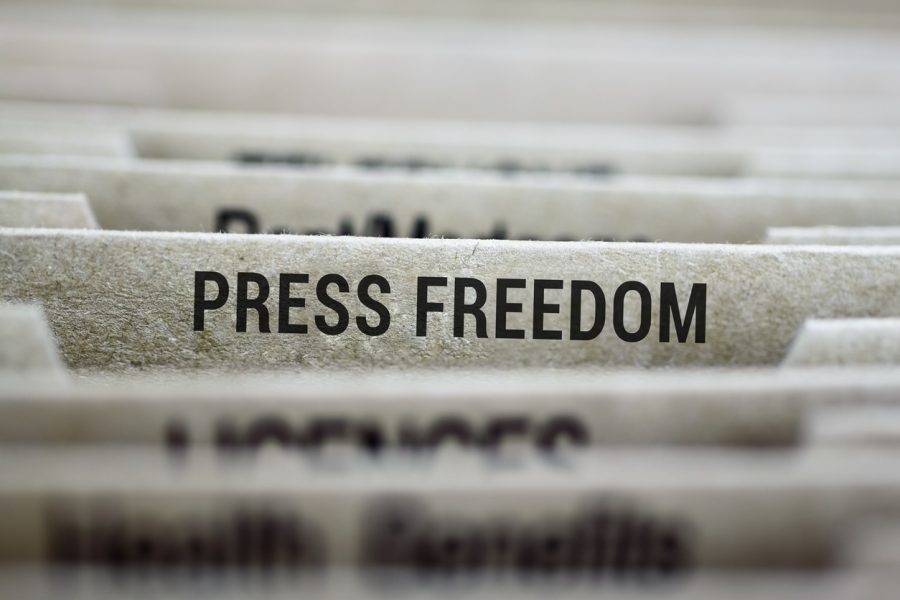
Letting Centre decide ‘fake news’ will muzzle media: Editors Guild on draft IT rule

The Editors Guild of India has urged the central government to remove the draft amendment to the IT Rules which proposes to make it mandatory for social media companies to withdraw news items designated as “fake” by the Press Information Bureau (PIB).
The guild also requested the Ministry of Electronics and Information Technology (MeitY) to have meaningful consultations with press bodies, media organisations and stakeholders while drawing out regulatory framework for digital media to ensure that press freedom is not affected. It said that allowing the government to decide what is ‘fake news’ will amount to muzzling of the press.
Also read: How amendments to IT Rules add more layers of social media censorship
“The Guild urges the Ministry to expunge this new amendment, and to initiate meaningful consultations with press bodies, media organisations and other stakeholders, on the regulatory framework for digital media, so as to not undermine press freedom,” a statement issued by the Editors Guild of India said.
“At the outset, determination of fake news cannot be in the sole hands of the government and will result in the censorship of the press,” the Guild said in a statement, voicing “deep concern” over the draft amendment to the Information Technology (IT) Rules.
It said that already multiple laws exist to deal with content that is found to be factually incorrect. “This new procedure basically serves to make it easier to muzzle the free press, and will give sweeping powers to the PIB, or any other agency authorised by the Central government for fact checking, to force online intermediaries to take down content that the government may find problematic,” the Guild said.
The statement came a day after MeitY on Tuesday released a modification to the draft Information Technology (Intermediary Guidelines and Digital Media Ethics Code) Rules, 2021 it had previously released for public consultation.
The addition, made in the “due diligence section” for social media intermediaries, states that an intermediary shall not be allowed to publish information that “deceives or misleads the addressee about the origin of the message or knowingly and intentionally communicates any misinformation” that has been “identified as fake or false by the fact check unit at the PIB of the Ministry of Information and Broadcasting or other agency authorised by the Central government for fact-checking”.
Also read: New IT rules to put greater obligations on social media platforms: IT minister
“Further, the words in respect of any business of the central government seems to give the government a carte blanche to determine what is fake or not with respect to its own work. This will stifle legitimate criticism of the government and will have an adverse impact on the ability of the press to hold governments to account, which is a vital role it plays in a democracy,” the Guild said.
“It must be further noted that the Guild had raised its deep concerns with the IT Rules when they were first introduced in March 2021, claiming that they empower the Union government to block, delete, or modify published news anywhere in the country without any judicial oversight. Various provisions in these rules have the potential to place unreasonable restrictions on digital news media, and consequently media at large,” the Guild said.
Explained: Amendments proposed to IT Rules 2021, and what they mean
(With inputs from agencies)


